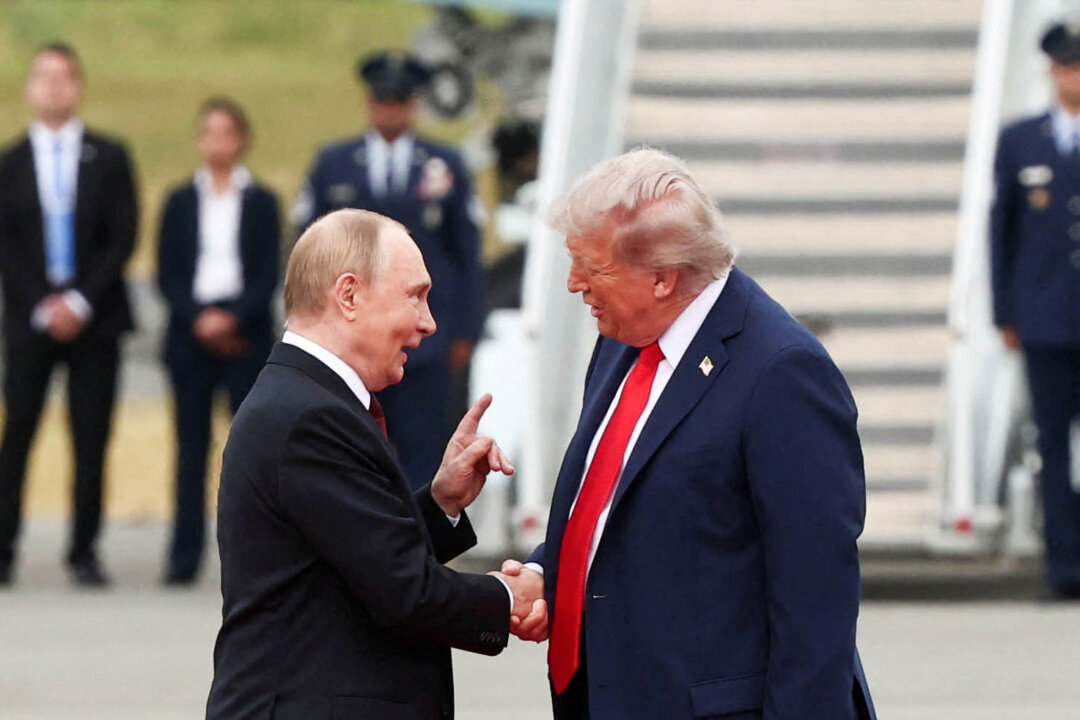UPDATE: U.S. President Donald Trump announced on October 30, 2023, that the United States and Russia are actively engaged in discussions aimed at nuclear de-escalation. This revelation comes as part of a broader strategy to mitigate global nuclear risks, underscoring the urgency of international dialogue in an increasingly tense atmosphere.
Speaking to reporters aboard Air Force One while returning to Washington after a tour of Asia, Trump was questioned about the potential dangers arising from his recent directive to the Pentagon to resume nuclear weapons testing, a decision that breaks a 30-year moratorium. In response, he stated, “I think we have it pretty well locked up. I’d like to see a denuclearization, because we have so many, and Russia has some. Russia’s second, and China’s third, and China will catch up within four or five years.”
This announcement signals a critical turning point in U.S.-Russia relations as both nations grapple with their nuclear arsenals amidst a backdrop of escalating global tensions. The emphasis on denuclearization reflects a pressing need to address the potential for conflict and the implications of nuclear proliferation.
The discussions are crucial as they highlight the balance of power not only between the U.S. and Russia but also in relation to China, which is projected to enhance its nuclear capabilities significantly in the coming years. With the stakes higher than ever, the international community is watching closely.
As these developments unfold, it remains to be seen how both countries will navigate the complexities of disarmament and what concrete steps will follow this announcement. Experts caution that without meaningful dialogue and commitment, the risks associated with nuclear arms could escalate, posing a threat to global stability.
Stay tuned for updates on this evolving situation and what it means for international security and diplomatic relations.







